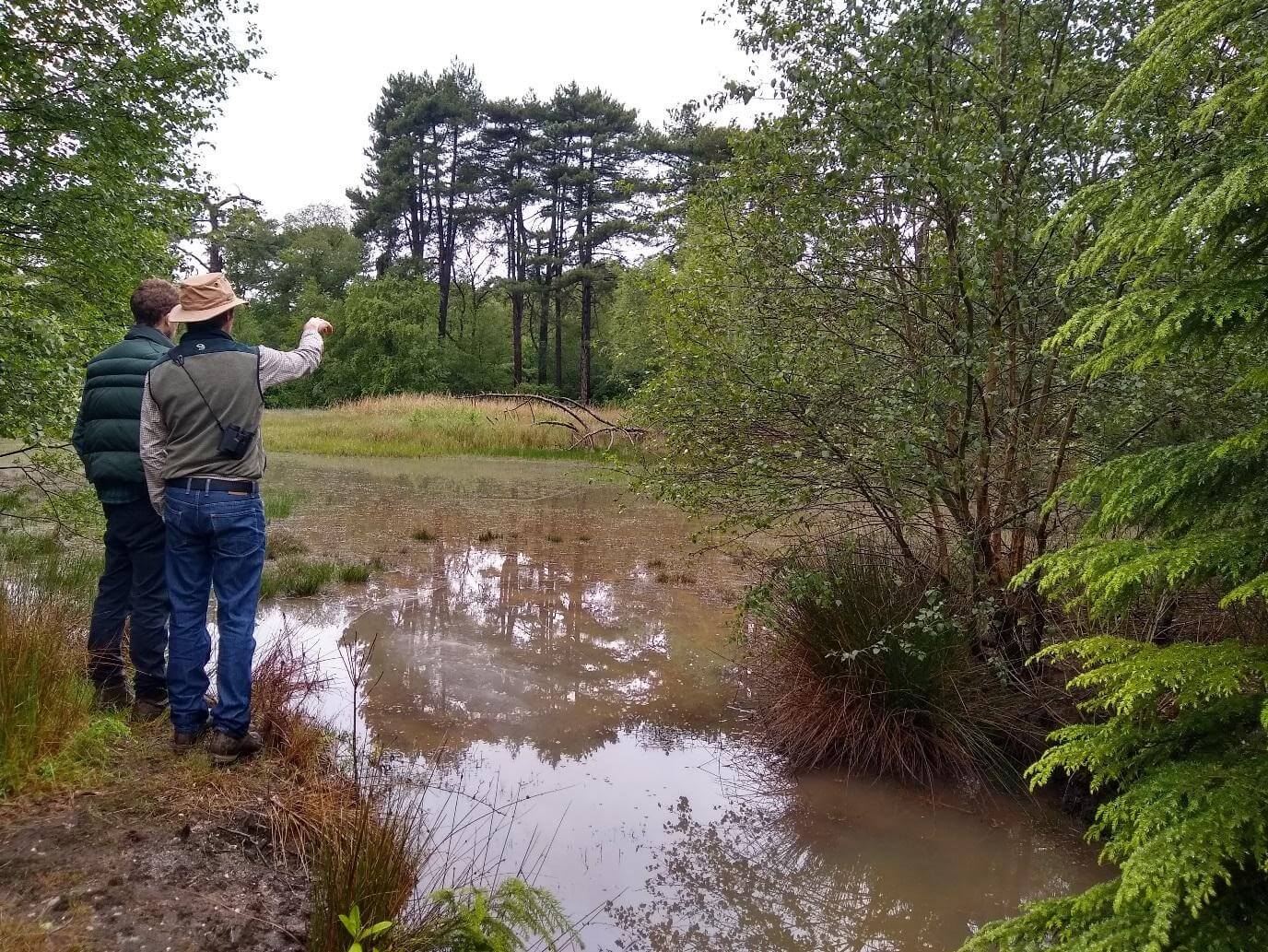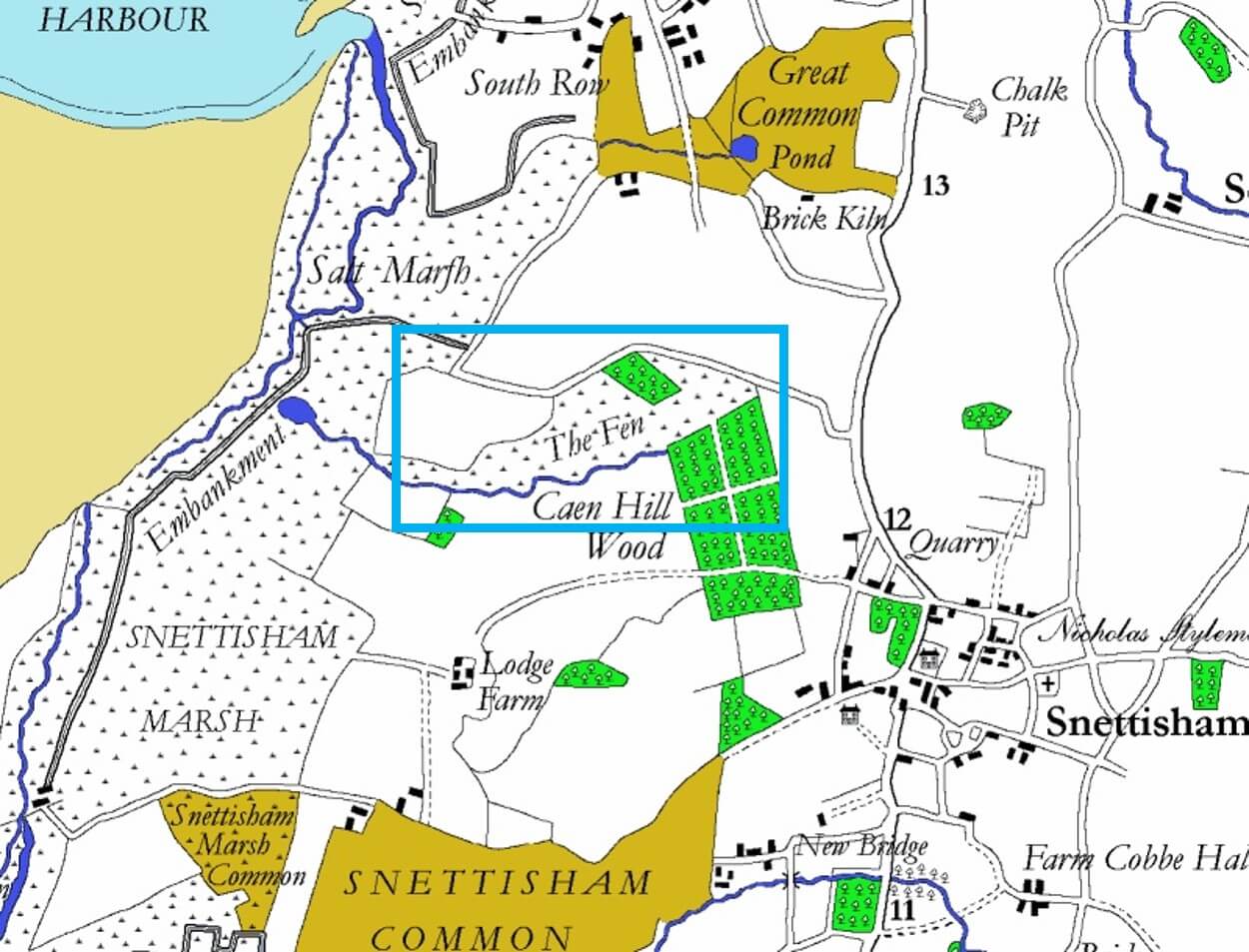


On Monday 7th October, we feature on BBC Look East’s Inside Out Program (7:30pm), discussing with Joe Crowley our motivation and goals for the Wild Ken Hill project.
On the show, we talk about our aspirations to release beavers into an enclosure at Wild Ken Hill.
Beavers were once common across the UK, hunted to extinction by the 16th century, so bringing them back is a step toward reversing the declines in biodiversity in this country.
But beavers are also what is called a “keystone species”. They are ecosystem engineers. By this we mean that they create habitats for other species to use. In particular, beavers are adept at creating wetland environments, and their re-introductions typically leading to an explosion in insects and subsequently birds, bats, and some reptiles and amphibians.
So as part of our overall goals to grow and promote biodiversity at Wild Ken Hill, we have applied for a license to release several pairs of beavers into an enclosure at Wild Ken Hill. We were lucky to have the support of some of the UK’s leading experts, including Professor Richard Brazier of Exeter University.
The proposed introduction site is a large area of low-lying, wet woodland. It’s perfect for beavers. There is water everywhere, and acres of deciduous vegetation for beaver breakfast, lunch and dinner. Recent modelling for Natural England gives this area the highest scores for suitability of beaver reintroductions.


In fact, old maps show this area to much wetter than it is today. Faden’s map of 1797 calls it The Fen. No doubt the man made drainage systems of the 20th century have changed the landscape of this place.

If we get the license, of course, the beavers will remain within an enclosure, with regular checks to make sure the perimeter fence is intact and the beavers are healthy. The enclosure itself would be almost 60 acres, which would make it one of the largest in England! Here’s hoping the license is approved and we can get some of these awesome animals to Wild Ken Hill!